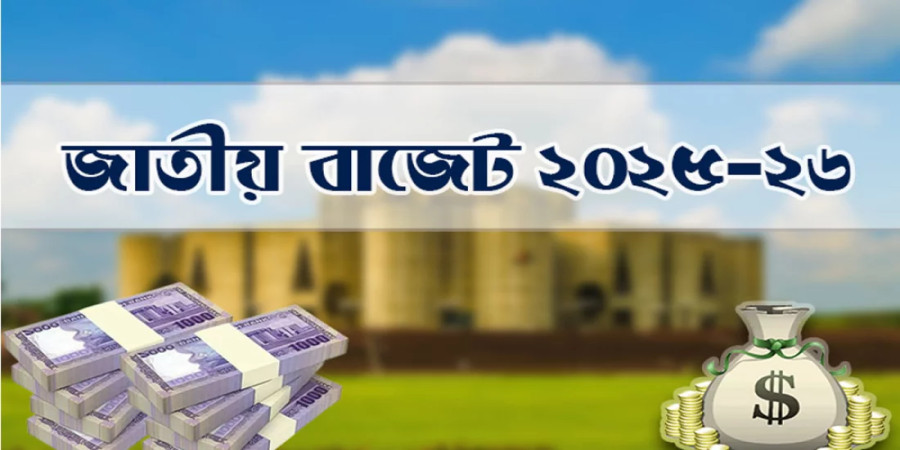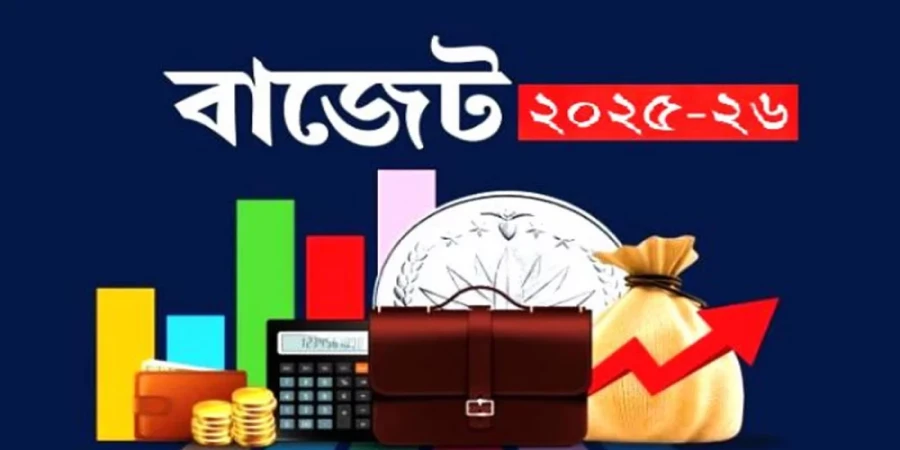
ছবি: Photo: Collected
In the first 21 days of December, remittances worth $2.073 billion entered Bangladesh through legal channels, equivalent to over BDT 24,000 crore (calculated at BDT 120 per USD). On average, daily remittances stood at $95.5 million, or BDT 1,145 crore.
The latest report released by the Bangladesh Bank on Sunday, December 22, highlighted these figures. Experts in the sector are optimistic that if the current pace continues, December’s remittance inflow could reach close to a record $3 billion.
A breakdown of the remittance data shows that $613.1 million came through state-owned banks, $77.3 million through a specialized bank, $1.311 billion through private banks, and $5.16 million through foreign banks in the first 21 days of December.
In the ongoing fiscal year, October saw the highest remittance inflow so far, with $2.395 billion, marking a 21.50% increase compared to October of the previous year. November recorded $2.199 billion in remittances, 14% higher than the same month last year. September brought in $2.404 billion, while August and July saw $2.224 billion and $1.913 billion, respectively.
For the first five months of the current fiscal year (July-November), total remittance inflows amounted to $11.137 billion, a 26.44% increase compared to the same period in the previous year, when remittances totaled $8.808 billion.
In the broader context of the 2024-25 fiscal year, remittances from July to December 7 reached $11.753 billion.
The drop in remittance inflows during July was attributed to socio-political turmoil in the country related to the quota reform movement. Economists and bankers noted that disruptions, including internet shutdowns, banking closures, curfews, and a call from some activists urging expatriates to halt remittances, negatively impacted the flow of foreign currency into the country.
From July 19 to July 23, banks were operational for only one day due to the unrest. Starting the night of July 19, a curfew was imposed nationwide, which remained in effect until July 23. Internet outages also paralyzed online banking services during this period.
Following the resignation of Sheikh Hasina’s government on August 5, remittance inflows slowed further. However, the appointment of an interim government led by Dr. Muhammad Yunus on August 8 brought stability, and remittance flows gradually regained momentum.
Bangladesh has been grappling with a prolonged foreign currency crisis. During the COVID-19 pandemic, the country’s foreign reserves peaked at $48 billion due to minimal import activity. However, the Russia-Ukraine war triggered a sharp rise in global commodity prices, significantly increasing import costs. Concurrently, insufficient growth in remittances and export earnings led to a rapid depletion of foreign reserves.
To address this crisis and bolster reserves, the central bank introduced various measures to encourage remittance inflows and attract foreign currency. These initiatives have shown promising results, with remittance inflows showing steady growth in recent months.
In the 2023-24 fiscal year, Bangladesh recorded $23.91 billion in remittances, reflecting a 10.65% increase from the previous fiscal year (2022-23).
repoter






